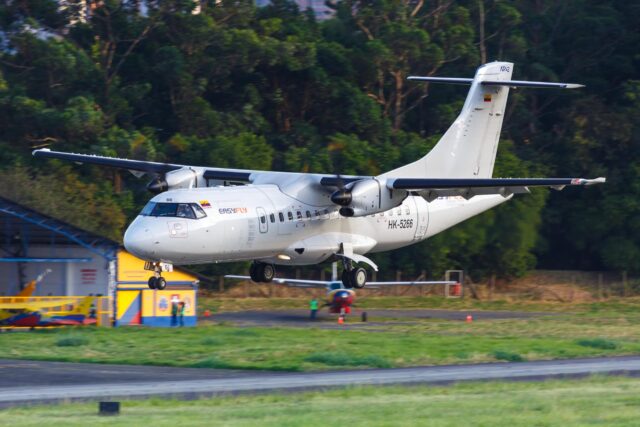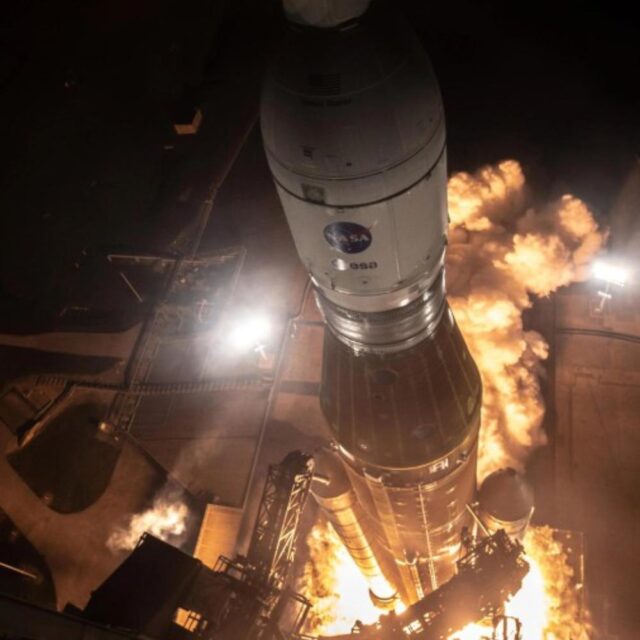France adds 5 more Falcon 2000 Albatros maritime patrol aircraft

October 2, 2025

France has ordered an additional five Falcon 2000 Albatros aircraft from Dassault Aviation under its AVSIMAR programme, reinforcing the French Navy’s maritime patrol and intervention capabilities.
The contract, signed on 26 September and announced on 2 October, was placed by the defence procurement agency DGA (Direction générale de l’armement) on behalf of the Armed Forces Ministry. It brings the total number of aircraft on order to 12, supporting the phased replacement of ageing fleets across both metropolitan France and overseas territories.
AVSIMAR: Modernising France’s maritime patrol
Launched in 2020, the AVSIMAR programme (Avions de Surveillance et d’Intervention Maritime) is designed to provide the French Navy with a versatile new generation of aircraft to handle maritime surveillance, intervention and support missions.
The first order, for seven aircraft, was placed in December 2020. With this latest batch of five, the programme has now reached its planned total. The Albatros replaces the long-serving Falcon 50M and Falcon 200 Guardian aircraft, which began retiring in 2025 after decades of service in Lorient and in France’s Pacific outposts.
Falcon 2000 Albatros: A business jet adapted for the sea
The Falcon 2000 Albatros is based on the Falcon 2000LXS business jet, modified to meet military requirements for surveillance and intervention. With a 4,000-nautical-mile range and jet-speed responsiveness, the Albatros is faster and more flexible than turboprop alternatives.

Key features include:
- Thales SearchMaster AESA radar for maritime surveillance and target tracking
- Safran Euroflir 410 turret with electro-optical and infrared imaging
- Search and rescue systems including beacon detection, smoke marker dispensers and lifeboat deployment
- Enhanced communications, including SATCOM, for long-range coordination
- Observation windows for visual detection during SAR and inspection missions
A mission system developed with Naval Group integrates these sensors, enabling a crew of two pilots and up to four operators to execute complex missions with efficiency.
WFrench Navy missions: Why the Falcon 2000 Albatros matters
With the world’s second-largest Exclusive Economic Zone (EEZ) at nearly 11 million km², France faces vast surveillance challenges. The Albatros is being introduced to perform a wide range of tasks, including:
- EEZ surveillance and fisheries protection
- Search and rescue
- Anti-surface warfare
- Environmental monitoring
- ISR (Intelligence, Surveillance and Reconnaissance)
- Counter-trafficking and border monitoring
Its ability to transit rapidly over long distances, operate at varying altitudes and remain on station makes it well-suited to the demands of both national waters and remote overseas territories.
Dassault, Thales, Safran: Industry role and Albatros delivery timeline
The programme supports around 100 jobs at Dassault Aviation and engages several leading French defence partners: Naval Group (mission systems), Thales (radar) and Safran (optronics). Aircraft are converted at Dassault’s Mérignac plant and flight-tested at Istres.

The first Albatros completed its maiden flight in January 2025 and is undergoing test and certification with DGA Essais en vol. Initial operational capability is expected by late 2026, with deliveries continuing through the decade. A second AVSIMAR phase may follow, potentially adding complementary unmanned systems to extend surveillance reach.
Dassault has a long pedigree in adapting its Falcon family for maritime duties, from the Falcon 20s once flown by the US Coast Guard to Falcon 900 and 2000 MSA variants in Japanese service. The Atlantique 2 and earlier Falcon patrol aircraft have also given the French Navy decades of operational experience.
Today, Dassault’s maritime Falcons account for roughly 10% of the global Falcon fleet in service — underlining the type’s adaptability and export potential.
With 12 Falcon 2000 Albatros aircraft now on order, the French Navy is significantly enhancing its ability to patrol and protect its maritime zones. As challenges multiply — from illegal fishing and climate emergencies to increased strategic competition at sea — the Albatros offers a fast, multi-mission platform to help secure French interests at home and abroad.
















